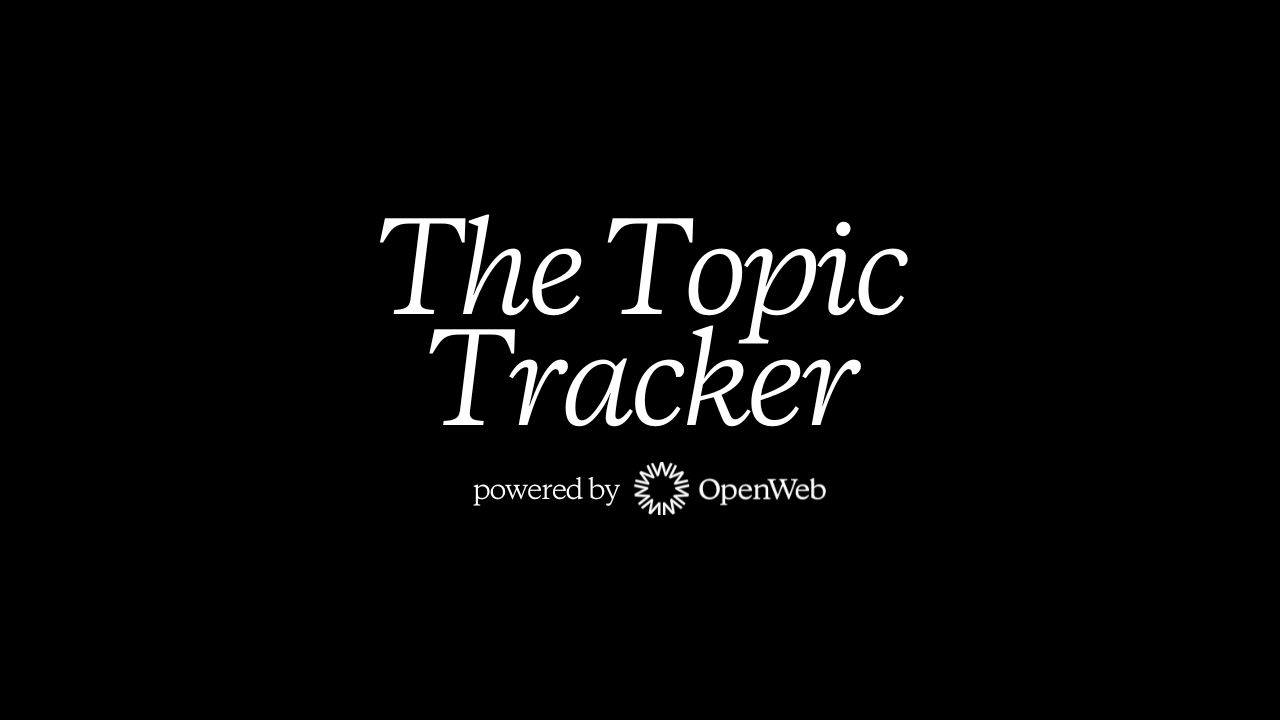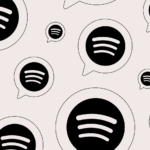Welcome to The Topic Tracker—a new series from OpenWeb that gives publishing professionals everything they need to know about what’s happening in their industry. This month, we’ve got news on Substack, the New York Times, NowThis, and more—plus an interesting partnership between a publisher and a sports betting site.
- The newsletter revolution: over before it began? Over at Vox, Peter Kafka surveys the state of the newsletter game––from its peak last summer to its doldrums today. Both Facebook and Twitter have quietly back-burnered their own newsletter projects, and multiple prominent Substackers have retreated to legacy media outlets via burnout or low subscriber rates. That doesn’t mean newsletters are over––but it does mean Substack et. al. may not be the market force publishers feared back in summer 2021.
- Here’s an eyebrow-raising scoop from Marketing Brew: it seems some publishers have taken to buying traffic from Subway Surfers, the popular mobile phone game. What that means, in practice, is that gamers are forced to “read” an article in exchange for some kind of in-game reward (a special coin, a power-up). So advertisers paying for one kind of consumer are getting a totally different kind of consumer instead. Without being too judgemental (boosting traffic isn’t easy, we know) let’s just say: doesn’t seem ideal!
- One outlet that isn’t buying ads in Subway Surfers: the New York Times. Riding high on a new wave of digital subscriptions––180,000 in Q2 alone––the media juggernaut is trying to figure out how to integrate ads into its non-news products like Wordle and its Cooking app. According to Axios, a major focus “will be figuring out how to expand the Times’ ad-targeting and optimization capabilities using the proprietary, first-party data it collects from its users.” If you’ve ever taken a look at our blog, you know that the Times is speaking our language here.
- And speaking of Wordle: NiemanLab has a deep-dive on the emerging puzzle trend in publishing. Or maybe it’s more accurate to say the reemerging puzzle trend: as the article points out, puzzles have been a part of the publishing business for over a hundred years. Then as now, puzzles served to broaden a publisher’s audience. Some people may not care to read the news, but they will religiously seek the crossword-–a lesson the Times, the New Yorker, Vulture and others are currently rediscovering.
- Puzzles are one thing––but what about gambling? Last month, Boston Globe Media announced a semi-improbable partnership with a sports betting outfit called the Better Collective. Meanwhile, USA Today teamed with the Weather Channel and Tripadvisor to offer premium subscription bundles. The bundles, according to MediaPost, “allow users to access weather and news or discounted pricing at hotels worldwide and manage their subscriptions in one place.” Whether it’s puzzles, sports betting, or discounted flights, one thing is clear: media outlets are realizing they need to broaden beyond articles to survive.
- And we need media outlets to survive, because disinformation may be even more prevalent than we realized: according to a new study from MediaWise and YouGov, 62% of respondents across generations “think they see false or misleading information online weekly.” Perhaps unsurprisingly, of the generations surveyed, Gen Z was the most likely to fact-check the information they encounter.
- And if you want to know where Gen Z gets its news, take a look at NowThis: with 9 million followers across multiple accounts, it’s the largest news brand on TikTok. Press Gazette goes deep on its formula for success, highlighting the importance of data insights and NowThis’ willingness to perfectly tailor its content to its audience––going so far as to re-edit poorly-performing videos in more “engaging” styles. (Incidentally, as a new Pew study makes clear, Facebook is officially a retirement community: Only 32% of teens use Facebook today, compared to 71% in 2014-2015. 67% of teens, meanwhile, use TikTok.)
- Turning to the local news sector, it seems some major legislation is in the works: a Senate bill released last month would force Big Tech to pay publishers for aggregating their news stories online. Called the Journalism Competition and Preservation Act, it “seeks to level the playing field by allowing local newspapers, broadcasters and other online publishers to negotiate for an annual content fee from Google and Facebook/Meta, which dominate the digital advertising market,” in the words of the Chicago Tribune.
- Finally, we turn to the subject on everyone’s mind: the potentially-looming recession. It would be inaccurate to say that all signs are pointing to one, but some signs certainly are, and publishers are preparing accordingly: a new study in Digiday+ Research shows a wide-scale reprioritization among publishers, with 56% of them saying they’ll be focusing primarily on direct-sold ads in the next 6 months. Something to keep in mind, as we make our way into the final (!) stretch of 2022.


